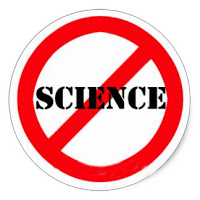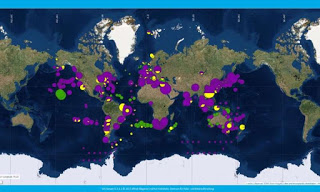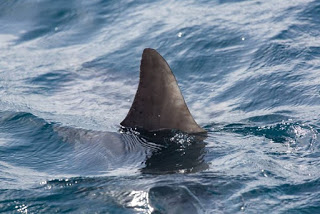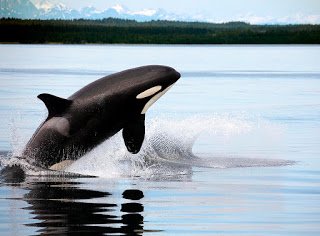1. Three “Hefty” Plastic Bills Currently Being Reviewed in California
These three bills could significantly decrease single use plastics in California and establish a bill template for other states to follow. “The first bill, AB 319, would prohibit the sale of single use beverage containers with separate caps.” “The Ocean Pollution Reduction Act of 2017, SB 705, would prohibit food providers from using disposable containers for take-out food that aren’t accepted by local recycling or composting programs.” “The third bill, AB 1594, would require the state’s Ocean Protection Council to conduct a study on the causes of marine plastic pollution and provide recommendations for further legislative action or other solutions.”
 2. Is the United States Becoming a “No Science Zone?”
2. Is the United States Becoming a “No Science Zone?”
3. Executive Order to Roll Back Vital Climate and Clean Air Protections
———————————————–
4. Amendment Cripples Florida Shark Fin Ban
Florida Senate Bill 884 for a shark fin ban has been amended and there no longer is punishment for the sale, trade or possession of shark fins in Florida. The bill now only “punishes anyone found with separated fins at sea.” Florida would have been the 12th state to have a complete shark fin ban. The Sea Save endorsed federal Shark Fin Trade Elimination Act of 2016, H.R. 1456, is still in the House of Representatives.
5. Killer Whale Blowing Salmonella
Bacteria, usually associated with human infectious diseases, have been found in the blowholes of killer whales. Salmonella, which can cause food poisoning in humans and Staphylococcus, which can cause pneumonia, were both found in the killer whale’s exhaled air. The killer whales probably pick up the bacteria from swimming through sewage, but scientists found a different array of pathogens in the water that the whales swim through. It was the southern resident killer whales studied, which range from Monterey, California through British Columbia’s Queen Charlotte Islands.
———————————————–
6. Marine Litter – Affects over 1,220 Species
 A new marine litter database from the Alfred Wegener Institute is called the AWI Litterbase. It is made up from all available scientific data on marine litter and includes the distribution of litter and organisms’ interaction with it using global maps. The number of species that are affected is 1,220. Thirty-four percent of monitored species (including seabirds and fish) ingest litter, thirty-one percent colonize it and thirty percent become entangled in it.
A new marine litter database from the Alfred Wegener Institute is called the AWI Litterbase. It is made up from all available scientific data on marine litter and includes the distribution of litter and organisms’ interaction with it using global maps. The number of species that are affected is 1,220. Thirty-four percent of monitored species (including seabirds and fish) ingest litter, thirty-one percent colonize it and thirty percent become entangled in it.
———————————————–
7. Understanding Why People Poach – Helps Approximate Solutions
 “If I had only one hour to save the world, I would spend fifty-five minutes defining the problem, and only five minutes finding the solution.” – Albert Einstein
“If I had only one hour to save the world, I would spend fifty-five minutes defining the problem, and only five minutes finding the solution.” – Albert Einstein
Poachers tend to be extremely poor. They are paid to kill endangered animals so they can feed their family. They do not have access to other livelihoods. Conservationists must study these complexities and find alternatives of we truly expect the killing to stop.
———————————————–
Sea Save Foundation is committed to raising awareness of marine conservation. The Week in Review is a team effort produced by the Sea Save staff to provide a weekly summary of the latest in marine research, policy, and news.








